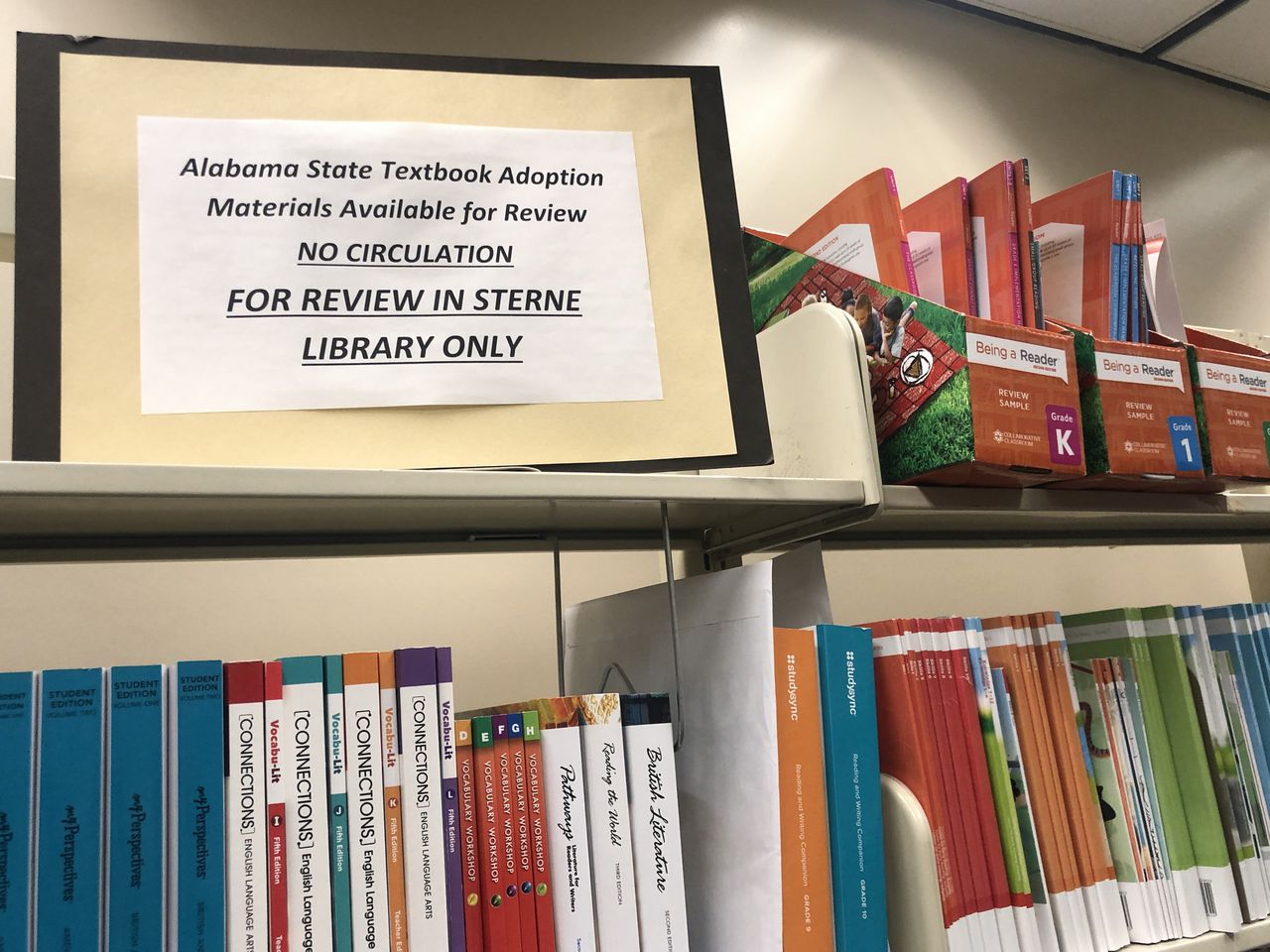Alabama adopts new literacy books, despite complaint of ‘demonic’ influence
After delaying a decision last year, the Alabama state Board of Education today adopted new reading materials for kindergarten through third graders.
The materials are aligned with requirements of the Literacy Act; the board voted 7 to 1 in support of Amplify CKLA materials and several other reading programs.
A board member and several people who spoke during public comment said they were concerned about the materials.
“The stories in the Amplify series are just way out there,” said Stephanie Bell, who voted against adoption, but did not give a clear example. She said stories in the Amplify materials are not appropriate for the young students’ ages and probably wouldn’t hold their interest.
A textbook committee reviewed a list of books and material submitted by different companies, and assessed whether the material met educational standards.
Three of the eight speakers during the public comment portion of the meeting urged the board to reject the Amplify materials.
“In general, these stories that I read are characterized by a complete absence of joy,” Eagle Forum member Donna Cude said. “The themes were centered around very negative kinds of behaviors and lots of anger. Particularly anger of those in power or authority.”
“There were many, many stories about other religions, but there was no coverage of the Christian religion,” Cude continued.
Melissa Gates, also a member of the Eagle Forum, told board members, “The Amplify materials are designed to indoctrinate our children with DEI, SEL, woke agenda and grooming our little ones. This is destroying families and our country.”
“My heart is broken over this and I hope you consider what the Holy Spirit is probably telling what you should really be doing. I believe this is demonic,” Gates said.
“Amplify CKLA material is not suitable for K through three adoption,” Malinda Williford said. “It does not support humanity and pride in American heritage.”
“It fails to provide a balanced illustration of American culture and other cultural backgrounds. Approximately 90% of all illustrations K through one are minorities., she added. The stories often didn’t include “nuclear families.”
Alabama Superintendent Eric Mackey clarified that if there are stories within a textbook that a school district had a problem with, they can choose to not use that story.
“If there’s a story that a teacher feels uncomfortable with,” Mackey said, “there’s no rule from the state that they would have to teach it.”
